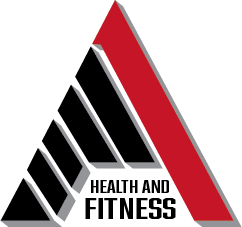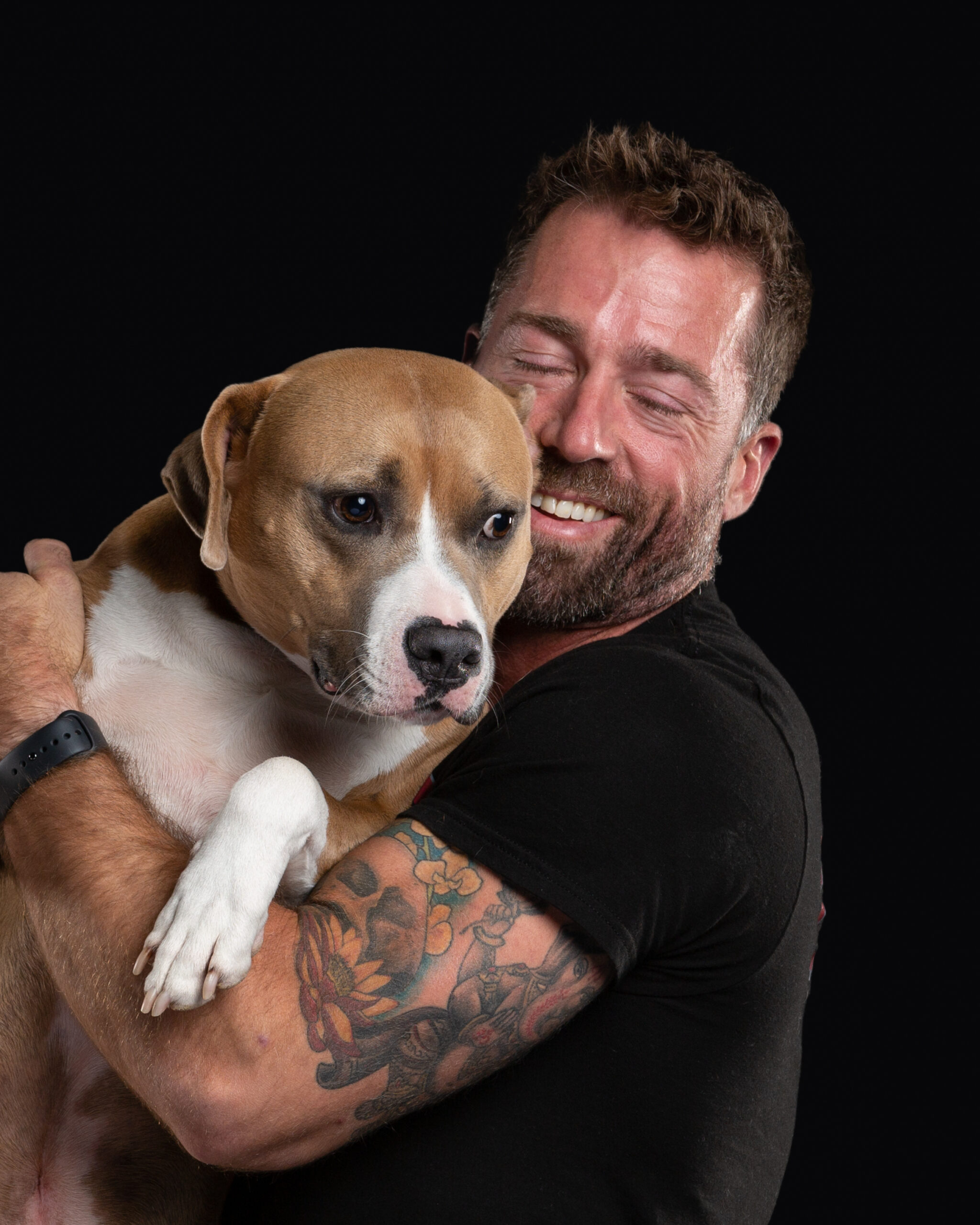By Dustin Lindgren
As the world of physical fitness continues to grow, so does the idea of youth physical development. By putting a child on a program or model that looks at enhancing physical abilities throughout childhood and teenage years, it could help to maximize athletic success well into the adult years. The Youth Physical Development Model takes a new approach in training and periodization of training programs.
In previous models implemented to improve performance in adolescents, such as LTAD (Long-Term Athletic Development) have been found flawed due to the reason that they are classified in relation to age. Whereas the Youth Development Model suggests that youth training can be according to biologic status, such as highlighting certain movement or skills during puberty versus the LTAD.
LTAD has a seven-stage framework that serves as a guide that looks to improve different abilities and skills in youth athletes. The seven stages include the following:
1. Active Start
2. Fundamentals
3. Learn to train
4. Train to train
5. Train to compete
6. Train to win
7. Active for life
This is where I somewhat agree with LTAD, but I see its flaws. I Believe there is more periodization that can take advantage of biological adaptations, as well as being able to teach fundamental movements at early childhood as young as 2 years old. For example, 12 to 16-year-old males are experiencing puberty and the body is producing more hormones. Their focus is looked towards strength, speed, agility, power, and skills that relate to different sports.
Another great example of this model is looking at how you would train an inexperienced child that ranges from 6 to 8 years of age, compared to someone who is taking part in college athletics . The child’s program would consist of fundamental development movements, such as squats and being able to jump and land properly, where these movements would be in a dynamic warm-up for the college athlete.
When we look at when to emphasize sport-specific movements the focus is mainly centered from adolescence to adult, but the interesting part is that it is also present all throughout childhood. This is where I strongly believe that sports at an early age help to increase that athletic development as well.
In conclusion, The Youth Development Model is something that I like to use when working with athletes. It gives me the tools that I need when working with different ages. There are benefits to training kids at a young age, know-how and when is the important part of it all.

